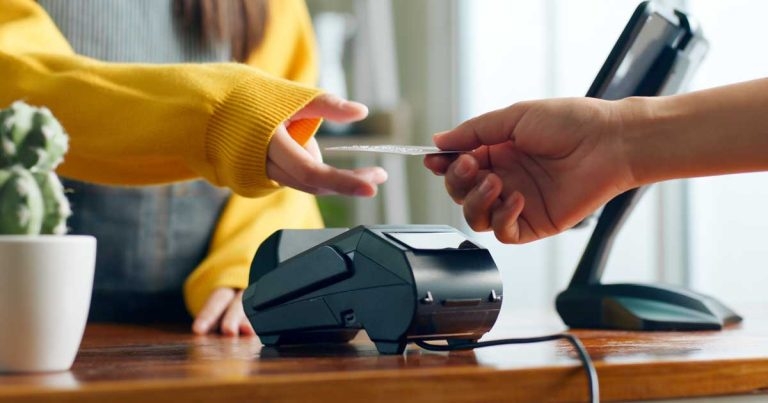28 Apr 2025
Although true extent of sector problem is unclear, a recent report suggests crime collectively costs UK businesses tens of billions of pounds per year.

Image: © Nattakorn / Adobe Stock
Veterinary practice teams must unite against and prepare for the prospect of greater criminal threats to their businesses, a prominent sector organisation has warned.
The plea by the VMG was made at its annual congress in Stratford-upon-Avon (23 to 25 April) and follows several recent incidents of practices being targeted by scammers.
Although the true extent of the problem for the sector is unclear, one recent report has suggested crime collectively costs UK businesses tens of billions of pounds every year.
But group president Liz Somerville warned that both the risks, and the potential bill, were likely to grow even further, largely due to the possibilities offered by technology.
Mrs Somerville said: “This problem will only get worse with the spectre of fraudsters starting to use AI to create ever more plausible scams.
“Combating fraud requires a whole team approach. If something doesn’t look right to someone, the chances are it isn’t right, and so it should be double-checked or raised with a colleague.
“We also encourage veterinary leaders to offer their teams online safety training as part of their induction and to regularly refresh the training and update people as new threats emerge.”
The criminal threats to veterinary work have become more apparent following cases in the midlands and south-east England, where practices were hit by attempts to steal funds, sometimes running into tens of thousands of pounds.
Although there is no specific analysis of its impact on the veterinary sector, a report published by the Policy Exchange think tank last month estimated crime costs UK businesses around £38 billion a year and has an overall economic impact worth up to £250 billion, including decisions taken due to the fear of becoming a victim.
Fraud is also thought to be the most commonly experienced type of crime in the UK, according to the National Crime Agency, accounting for around 40 per cent of all offences in England and Wales.
Mike Brooks, chairperson of the debt recovery firm DSL, which specialises in work in the veterinary sector, acknowledged the threat was rising and said practices should be “wary” when people are paying by card, and ensure clients’ personal details are checked.
But he also stressed the proportion of wrongdoers targeting the sector was very small, adding: “Most people are good honest people. They come in with their animal and they just want it to be better.”
Earlier this year, the company estimated that “bad debts” to practices, which are considered unlikely to be repaid, could be worth more than £500 million a year and account for up to 10 per cent of the sector’s annual turnover.
But Mr Brooks believes only one per cent or two per cent of that is accounted for by clients who never intended to pay for their care. He also suggested verification measures used by banks could also help to prevent incidents from occurring at all.